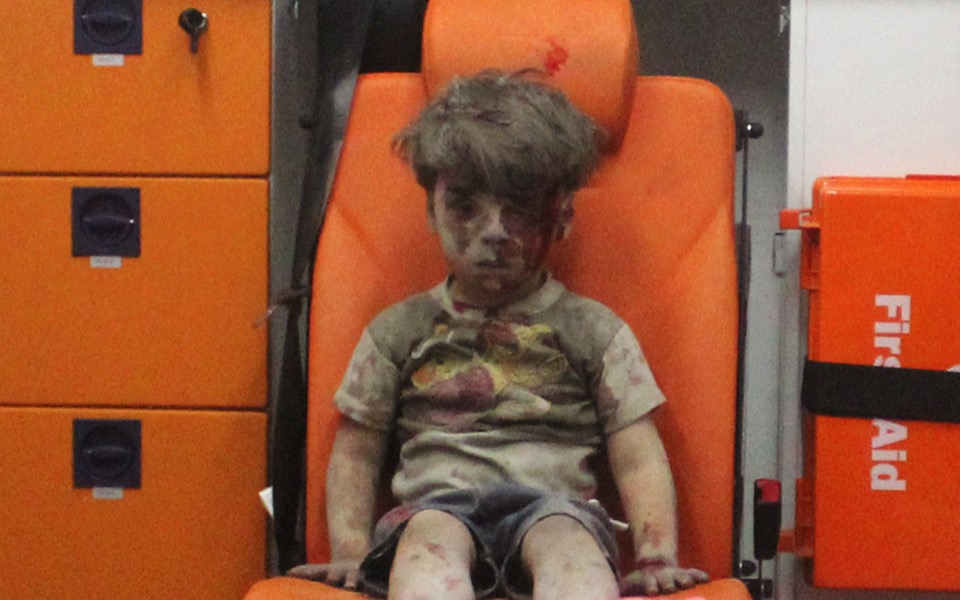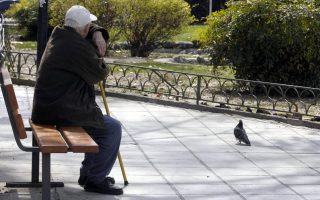Humanitarians and humanity’s guilt

World Humanitarian Day is an opportunity to remember that 65 million people are displaced within their countries or have been forced to cross borders in pursuit of safety from war, persecution, poverty and natural disasters. It is also a day to remember the many people – from fishermen on Greece’s eastern islands to professional aid workers and government officials across the world – who contribute to the rescue, protection and settlement of refugees. This anniversary, however, also forces us to ask ourselves why so many people work toward helping victims when so few care about preventing the causes of trouble.
In our neighborhood, the mass exodus of Syrians from their homeland is a tragedy that could have been contained to a great extent. A harsh local regime which did not know how to respond to calls for reform combined with brutal intervention by foreign agents to turn peaceful demonstrations into civil conflict and a proxy war between the region’s religious and political powers. As the clashes went on without credible mediation, more and more countries joined the fray on different sides, pushing the country beyond the point of no return. Turkey, Saudi Arabia, Iran and Qatar leaped in from the start, followed by Russia. The West did not know what to do, the “peace process” dragged on, in pieces.
The flight of the Syrians became unavoidable, and it is to the Europeans’ credit that they offered help. The cost of this solidarity, however, is still unknown, as the rise of xenophobic forces in many countries is leading to domestic turbulence and undermines the EU’s cohesion. The flood of refugees (as we saw on the Greek islands) came like a force of nature that did not leave much room for debate: People jumped in to help their fellow humans. From there on, with the need to deal with the immigrants, each nation showed its true face. The Turks (who, it must be said, already host over 2 million Syrians) played a cynical game, bargaining for more rights in the EU in exchange for stopping the refugee flow. In Greece we saw once again how citizens are way ahead of the state in getting things done. Germans were divided between those who leaped at the challenge to help refugees and migrants and those who want a country free of foreigners. Governments in some former Eastern Bloc countries opposed an EU initiative to spread refugees among member-states.
History will judge each nation on this issue. But we can already argue that the world’s collective mechanisms bear the greatest blame for being unable to force governments, neighboring countries and large powers to prevent conflict. It is, of course, utopian to imagine humanity dedicating itself to stopping slaughter, but this is the only way to prevent new Syrias. Otherwise, once a year, on August 19, let’s remember the “humanitarians” among us – as if they can absolve humanity of its guilt.





